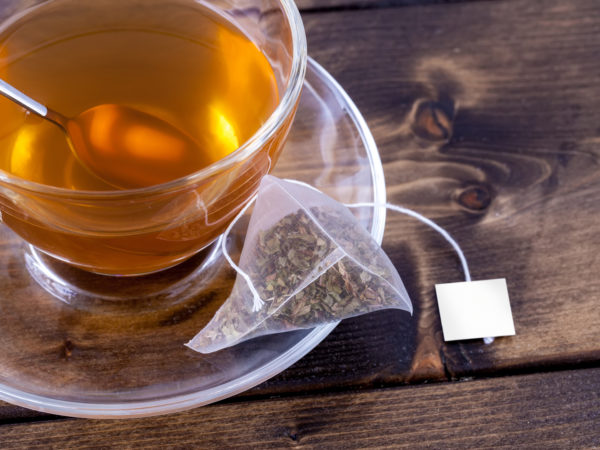Low on Iron?
I love green tea. I’m a post-menopausal woman and recently discovered that my iron is too low to allow me to continue being a blood donor. Then I read that something in green tea bonds to iron in food and blocks absorption. Could this be the source of my problem?
Andrew Weil, M.D. | August 25, 2009

I doubt it. While it is true that tannins in tea can block absorption of iron, the green tea you drink is unlikely to be the cause of your iron deficiency unless you’re consuming huge quantities. Even if you were, the effect of tea tannins on iron absorption seems to be limited to non-heme iron found in vegetables and grains, not heme iron from meat, fish and poultry. Tea (green or black) isn’t the only food that influences iron absorption. Other caffeinated beverages, eggs, milk, and bran also interfere. Foods that enhance iron absorption include orange juice and other vitamin-C-rich foods as well as fermented foods such as miso, yogurt and sauerkraut. Foods that provide iron include red meat, beans, lentils, millet, chickpeas, dark, leafy greens, molasses, dried apricots, dried peaches, pumpkin and sunflower seeds, pistachios, walnuts, almonds, scallops, clams, oysters and soybeans.
The most common cause of low iron (except in the case of a pre-menopausal woman with heavy menstrual flow) is bleeding in the gastrointestinal tract (a common effect of nonsteroidal anti-inflammatory medications). You’ll need a medical check-up to determine if this is the problem.
Please do not try to increase your iron stores by taking a supplement, except on the recommendation of a physician after blood tests have revealed iron deficiency anemia. While we all need iron to make hemoglobin, the oxygen-carrying red pigment of blood, iron is one of the few minerals we cannot eliminate, and accumulations in the body can rise to toxic levels. Iron is an oxidizing agent that can increase the risk of cancer and heart disease. High iron intake can be especially dangerous for persons with hemochromatosis or iron overload disease, an inherited condition believed to affect as many as one million Americans.
The only way the body can eliminate excess iron is through blood loss (which is why premenopausal women are at greater risk of iron-deficiency anemia than post-menopausal women and men).
See your doctor for tests to determine your iron status and a work-up to find the reason for any deficiency. In the meantime, there’s no need to stop drinking green tea.
Andrew Weil, M.D.









